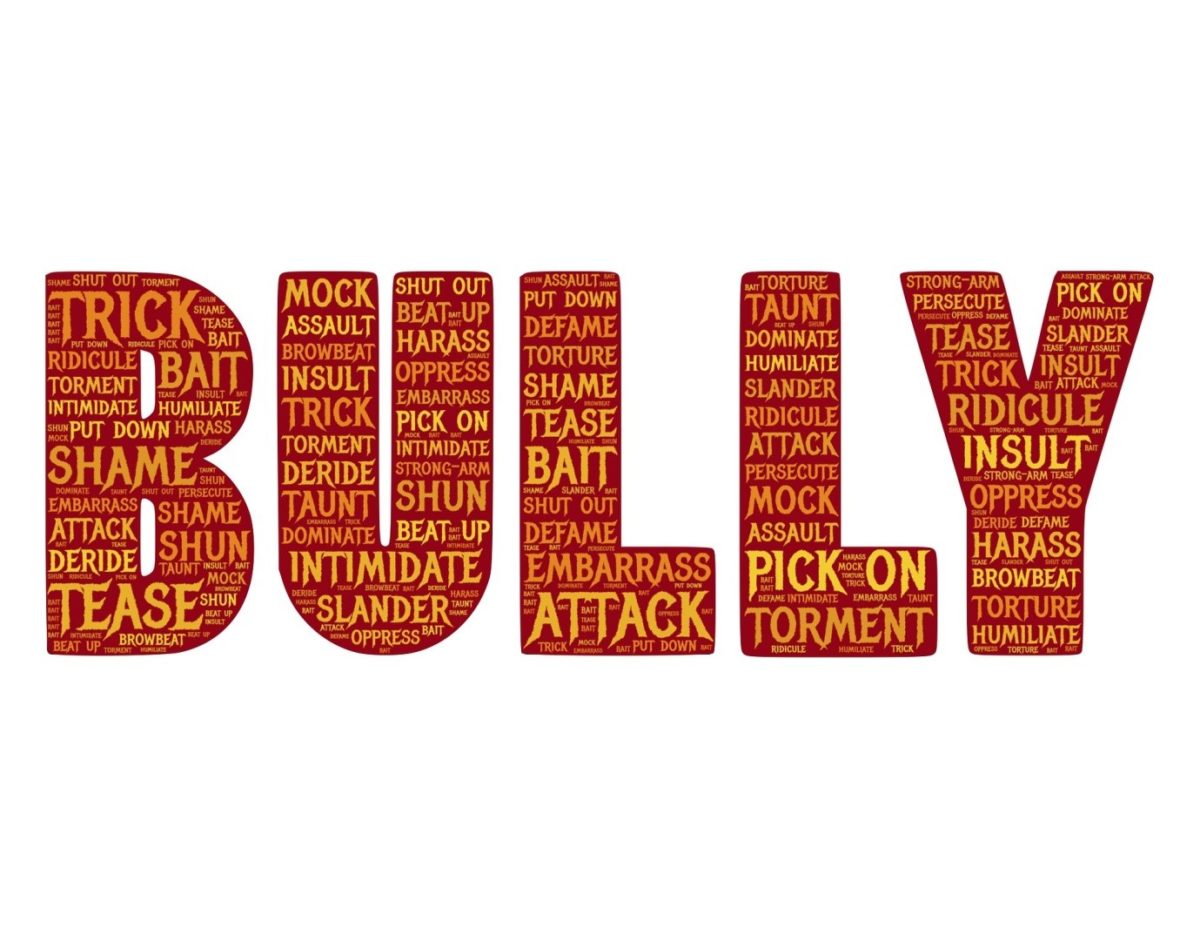This year’s Anti-Bullying theme is “Change Starts With Us” . The objective is to educate children about the importance of checking themselves and making changes in their behaviour that may potentially hurt somebody else.
Another objective of this theme is recognising that fighting bullying is a collective effort. Everybody needs to be involved and work together to make schools and other social places safe for young minds. You can find more information here.
A one-time bullying incident can have a big influence on a child. It can make them feel vulnerable, alone and deeply hurt. Unfortunately, many children don’t feel comfortable asking for help due to the stigma associated with bullying. This can impact their self-esteem, social behaviours and overall mental health. Often, children who experience bullying end up needing counselling, which can be effective.
Unfortunately, you cannot keep your child protected from being bullied. However, impromptu discussions about the topic can be effective in equipping your child with the tools necessary for dealing with bullies.
Here are some useful tips you can use to guide your children:
Model Compassion and Respect at Home
Children, especially in their formative years, learn social behaviours through observation. If violence, disrespect and abuse (physical or verbal) are normal in the home, they are more likely to stay quiet when being bullied.
Violence normalises the dynamic where one particular person is dominant. It can lead to the child becoming a bully themselves or remain silent, thinking it’s the way human interactions work.
On the other hand, teaching your children that respect is something to give and receive, they will be able to recognise disrespect.
Educate, Educate, Educate
This point can’t be stressed enough. Discuss the dynamics of bullying and how the words bullies spew carry no weight. Also, teach them that often bullies are vulnerable and have low self-esteem, taking out their frustrations on others.
Educate them on how bullies have insecurities, which leads them to bully others. They might need help just as much as someone whom they bully.
Be their Confidant
It’s understandable when children don’t report bullies. They might not be naturally assertive or scared of what will happen if they tell someone about being bullied.
Foster a good connection with your child and let them know that you will have their back and will figure out a solution with them. Keep the lines of communication open, no matter what; so they can come to you whenever they’re ready.
Teach them that It’s Okay to Ignore and Walk Away
Teach them that instead of saving face, it’s much smarter to walk away. Let them know that it’s okay to be afraid or frightened if the situation escalates. If they feel unsafe, they shouldn’t feel embarrassed about going to a teacher or another adult to ask for help.
As a parent, if you observe signs of bullying or your child tells you themselves, get involved. Call the teacher or principal if you have to.
Don’t let your child think they are alone in this. Your understanding and commitment will go a long way.


Leave A Comment
You must be logged in to post a comment.